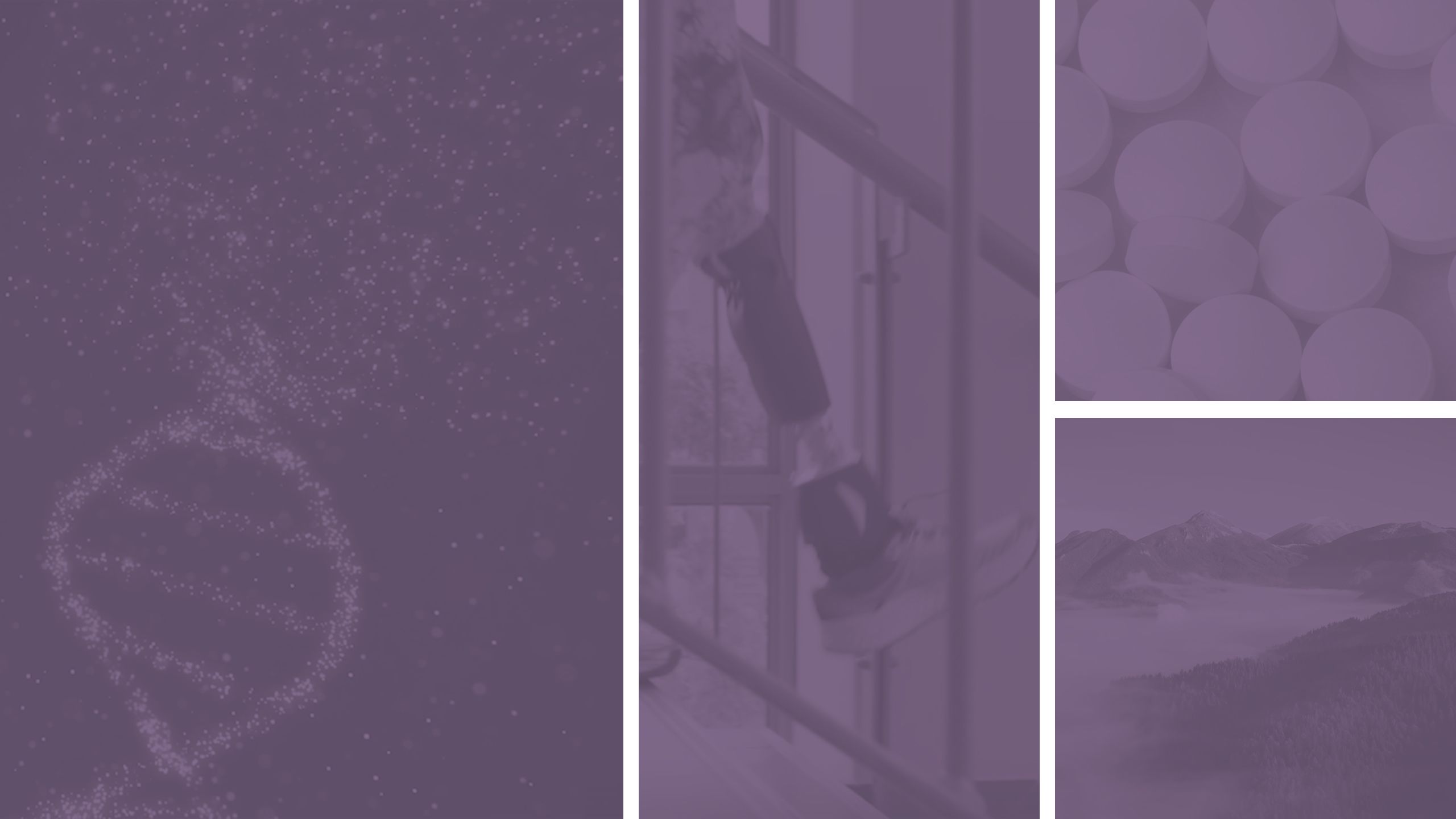PIONEERING
THE FUTURE
Stories of Discovery & Innovation
at University of Utah Health

innovation
November 15, 2021
Many long-standing health challenges are becoming more manageable thanks to the creativity and perseverance of scientists who have chosen to address difficult problems in unconventional ways. New technologies and transformative approaches by University of Utah Health scientists are helping patients with blood disease to become their own bone marrow donors and people with artificial limbs to forgo bulky, uncomfortable attachment sockets for a better integrated prosthetic. They’re also providing new solutions for people dealing with depression and antibiotic-resistant infections—the rewarding results of unorthodox approaches to problem-solving.
A single letter of genetic code determines whether an individual makes flexible, round red blood cells or the rigid, misshapen cells that are the hallmark of sickle cell disease. People with sickle cell disease may need medications or blood transfusions to manage anemia, pain, and other symptoms caused by the sickle-shaped cells, which clog blood vessels and are too short-lived to efficiently deliver oxygen to the body. Currently, the only cure for sickle cell disease is a bone marrow transplant from a matched donor—but this may change thanks to advances in gene editing technology.
Biochemist Dana Carroll, PhD, is a pioneer in genome engineering. In the early 2000s, Carrolldeveloped enzymes called zinc finger nucleases into one of the first gene editing tools. More recently, he collaborated with researchers at the University of California, Berkeley, and the University of California, San Francisco, to develop a method of correcting the sickle mutation in patients’ own blood stem cells using a newer, more efficient gene editing system called CRISPR. Based on promising results in preclinical studies, a clinical trial evaluating this novel treatment launched in 2021. With this new technology, it’s possible that patients who have lived with sickle cell disease their entire lives could finally generate a lasting supply of healthy red blood cells on their own.
Learn more about this discovery.
Prosthetic limbs are usually designed with a customized socket that fits snugly onto the user’s residual limb. Friction and pressure from this socket can cause discomfort, swelling, and skin irritation—sometimes so much that it deters people from using the limb at all.
An alternative type of prosthetic limb engineered by U of U Health researchers does away with the socket altogether. Orthopaedics professor Kent Bachus, PhD, and colleagues have devised a metal implant that serves as an attachment point for a prosthesis. The implant passes through the skin and is anchored in the bone of a residual limb. Percutaneous osseointegrated prostheses, or POP implants, not only eliminate the problems associated with using a socket, they also give artificial limbs more stability and range of motion. Ten veterans with leg amputations received the first of these devices through the VA Salt Lake City Health Care System as part of a feasibility study launched in 2015, and broader clinical testing is now underway.
At high elevations, where the air is thinner than it is at sea level, people are more likely to suffer from major depression. After first uncovering a link between high altitude living and mental health, psychiatry professor Perry Renshaw, MD, PhD, Shami Kenakar, PhD, Douglas Kondo, MD, and colleagues determined that the reduced oxygen content taken in by people living in the mountains is enough to cause metabolic processes in the brain to proceed differently that they do in more oxygen-rich air. Results from preclinical studies suggest that this change lowers levels of the mood-stabilizing hormone serotonin, particularly in females. This may increase the risk of depression and contribute to the higher rates of suicide in high altitude regions of the U.S.—including the Intermountain West—and across the world.
Investigating these differences has led the team to explore a potential new way of treating depression. They’ve found that people living in Salt Lake City, 4,500 feet above sea level, have lower levels of a molecule called creatine in their brains than people who live at sea level. Results of an early-phase clinical trial suggest that creatine supplements might reduce the symptoms of depression for some people, offering new hope for those who do not respond to traditional anti-depressant medications.
When bacteria find ways to survive in the presence of antibiotics, infections that were once easily treatable become far more dangerous. Antibiotic resistance is considered one of the biggest public health challenges of our time, affecting 2.8 million people each year in the U.S. alone. These infections are becoming increasingly common as new strains of resistant bacteria emerge and spread, fueled by widespread antibiotic use. Research from microbiologist Matthew Mulvey, PhD, shows that resistance can even propagate within a patient’s own body as nearby microbes share their resistance genes with one another.
When a patient’s infection fails to respond to first-line antibiotics, a combination of drugs may be more effective. Some drugs can even act synergistically to control an infection. Finding these rare combinations can be difficult, but associate professor of pathology Jessica Brown, PhD, and colleagues have developed a rapid screening method to accelerate the search. With their approach, researchers can efficiently screen thousands of drugs to find pairs that work together effectively. It’s a powerful tool that will enable clinicians to repurpose existing drugs to combat multidrug-resistant infections.

Pioneering the Future: Stories of Discovery & Innovation at University of Utah Health
Special thanks to Wes Sundquist and Alfred Cheung for their dedicated work compiling research discoveries.
Written by: Jennifer Michalowski
Editing by: Julie Kiefer
Layout and Design by: Kyle Wheeler
Production Supervision: Abby Rooney, Julie Kiefer, Kyle Wheeler
Supported by: Will Dere, Chris Hill, Amy Tanner





